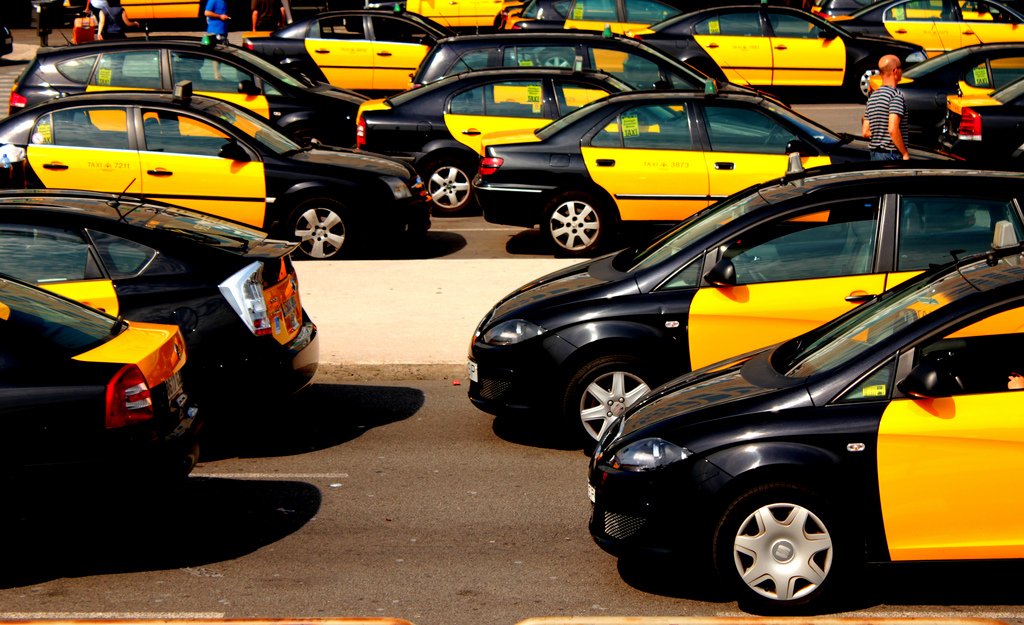Uber, the American app-based transportation company, keeps garnering protests in Europe. After landing in Paris in December of 2011 and London in June of 2012, it's been steadily spreading across the European landscape, not without trouble. Major strikes in Paris at the beginning of 2014 and the recent banning of Uber in Brussels and Berlin have marked a rocky year so far for the US company.
Some weeks ago, Uber launched its UberPOP service in Barcelona. It's the third city in Europe in which Uber deploys the peer-to-peer ride-sharing option, after using it to circumvent the ignominious 15-minute wait legislation in Paris last February as a workaround. The law was dropped a few weeks later, but the company decided to go ahead and push through with its UberPOP strategy in other cities, including Brussels, Barcelona and most recently Berlin.
The problem with UberPOP in Barcelona is that it's clear-cut illegal in Spain. According to the current transportation legislation, article 101:
"Private transportation is qualified as such if it is used for personal or domestic transportation needs of the owner or close relatives. Under no circumstances, will the private driver receive any kind of direct or indirect remuneration except for food money or transportation costs."

Services like BlaBlaCar, hide under the "transportation costs" epigraph, probably a legal grey area. UberPOP isn't so lucky and clearly is in violation of the transportation regulation.
Meanwhile, the Spanish Taxi Confederation (CTE) just released a press release stating the illegality of Uber, threatening nationwide protests:
" is, to the best of our knowledge, a totally illegal business that incites the use of "pirate" transportation without any guaranty for the consumers as well as fomenting the black economy as none of those transactions are registered as economic activity or under administrative control If no immediate correction measures are taken, we might be on the verge of an imminent nationwide protest."
Uber is, as usual, ignoring the threats and blaming the taxi drivers for fighting to maintain the status quo. There are, of course, no mentions of tax evasion or safety regulations in Uber's press release. In the meantime, other competitors like the Madrid-based Cabify, which recently raised an 8 million dollars round, work hard to abide by the legislation, something it seems other players seem to be constantly forgetting.
While in Brussels the issue was more about protecting the taxi industry, the fears raised in Spain aren't that far-fetched, especially in a country with a rampant black economy and emerging from a long-lasting recession.
While we're big defenders of the sharing economy and about fostering competition and giving the consumer new choices, the legal framework will need to be modified first and foremost to allow Uber and other transportation companies to compete on a level playing field.
Featured image credit: Fabio Penna / Flickr, Jennifer Woodard M. / Flickr.


